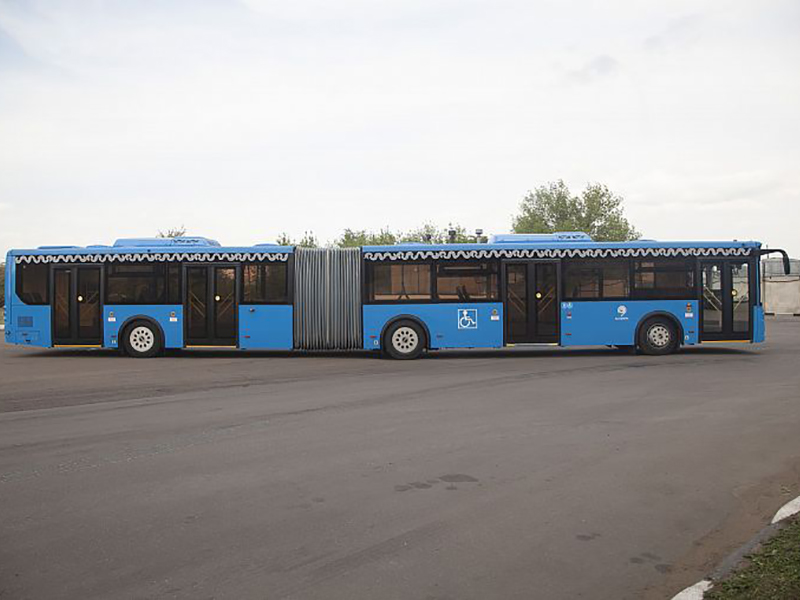That doesn't mean what you think it means:
"For plug-in hybrid electric vehicles, the real-world CO2 emissions were on average 3.5 times higher than the laboratory values, which confirms that these vehicles are currently not realising their potential, largely because they are not being charged and driven fully electrically as frequently as assumed."
This is mostly an infrastructure issue. If these cars had readily available charging points, that wouldn't be the case.



